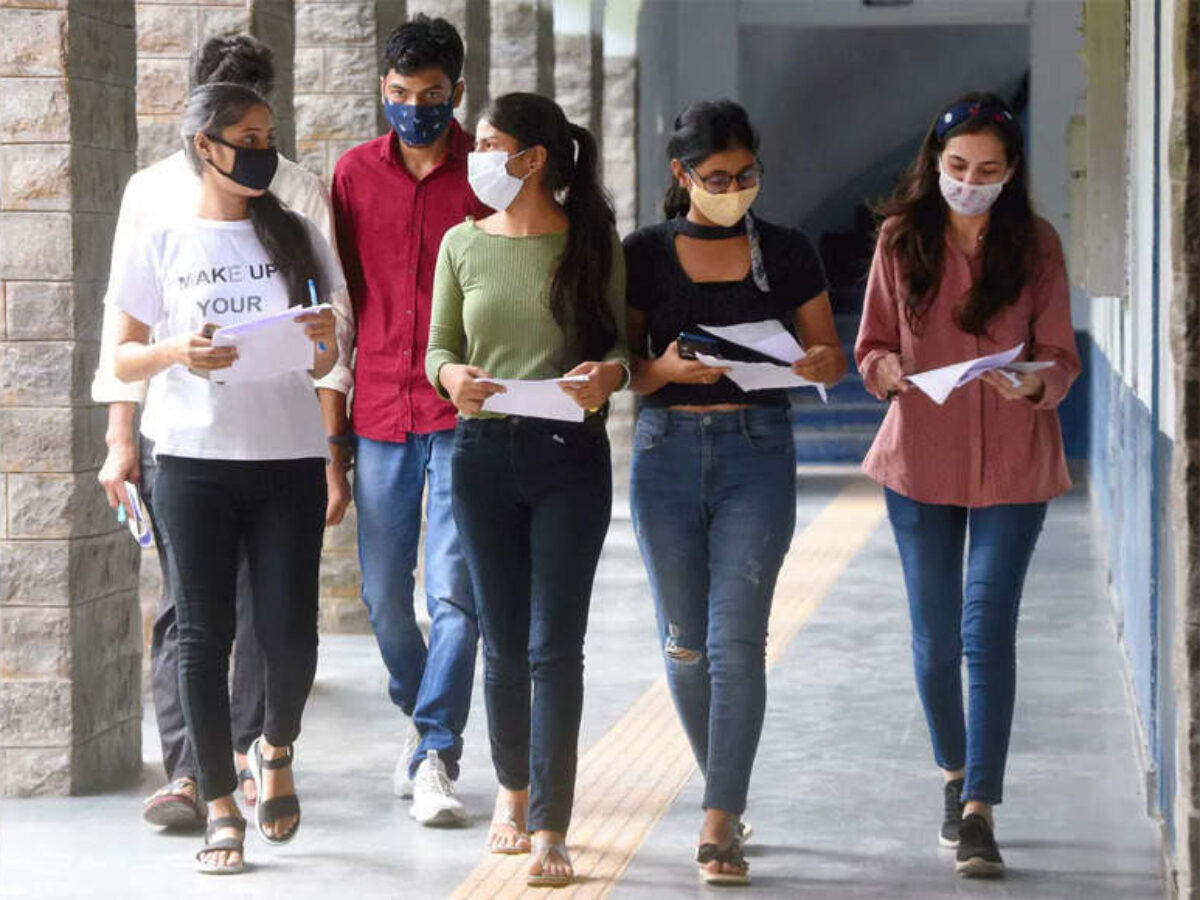Transformational outreach
UBA 2.0 is a progressive step towards linking higher education with society — bringing change through community participation by utilising best capabilities of individuals

The Union Government has made a major breakthrough in the higher education system of India, specifically in the third dimension of education — outreach activities — by linking higher learning institutions with communities in rural areas, thereby ensuring academic social responsibility. The University Grants Commission has passed an order, making it mandatory for each higher learning institution to perform its academic social responsibility by working with rural communities. It is integrated with the teaching-learning process. As a result, the academic community in every institution has to perform outreach activities along with teaching and research. Undoubtedly, it is a path-breaking move on the part of the government to narrow down the gap between academia and society. This has been the dream of Gandhian educationalists since independence. The dream has become a reality today because of the decision of the Central government and the UGC. In order to motivate and activate higher educational institutions, a scheme called "Unnat Bharat Abhiyan" was launched but couldn't succeed initially. As a result, the Government of India, without diluting it, perfected the scheme and rechristened it as Unnat Bharath Abhiyan 2.0 with a framework of institutional setup and activities based on the report of an expert group. In the new framework, introduction of a two-credit course has been made mandatory in all the academic programmes in higher learning institutions. Every student and every teacher in each academic institution should have a basic understanding of academic social responsibility and its implications. To prepare teachers and students from every university to participate in Unnat Bharat Abhiyan activities, the coordinating teacher first should have an adequate understanding and deep knowledge of the subject and its methodology. To carry out the activities, seven regional coordinating centers have been established under the National Coordinating Center in Delhi.
A master training programme is being organised in different regions for the coordinating teachers of Unnat Bharat Abhiyan. I happened to witness a master's training programme organised in the Gandhigram Rural Institute — which is also a regional coordinating centre for Unnat Bharat Abhiyan activities of the universities of South India. The master training programme was held from April 27 to April 29 this year. Participants hailed from Andhra Pradesh, Telangana, Karnataka, Puducherry, Kerala and Tamil Nadu. In the team, one could find gender representation as well as subject representation and, above all, members were enthusiastic in attending this programme with a learning curiosity and the passion to take the Abhiyan to the new heights. This has been a new phenomenon among the teachers of higher learning institutions. Normally, for such a programme, staff can be deputed to participate irrespective of their willingness. For this programme, nobody came because of the pressure of their institution. All were willing volunteers with a sense of commitment and dedication which is rare in present academic institutions for this kind of activity.
The training programme has been titled "Community Based Participatory Research (CBPR)", which is totally new for many of the participants of the conventional university system. The methodology adopted in the training programme is unique and has created more enthusiasm among participants. Being a trainer and a researcher in the same field for about three decades I have gone through the design and implementation of the training programme and interacted with participants intensely. It was designed unconventionally as a sandwich programme, combining field work with theory. Rajesh Tandon, president of participatory research in Asia, being the training facilitator, convinced the attending teachers in such a way that every teacher realised there was a substantial takeaway for them in the training programme. The participants have realised that there is a potential in this scheme to transform an individual into a leader.
In the three-day programme, the discussions and observations demonstrated that to solve the problems of a community, the World Bank or IMF can be factored in but solutions should evolve locally and people should have the capability and knowledge to manage their affairs on their own. The new transformational paradigm argues for a local solution to global problems. It needs only a mindset to believe in the wisdom and knowledge of the communities in the rural areas. Many are convinced that if all the activities are done through a participatory approach, then teachers can be transformed into leaders. Unnat Bharath Abhiyan 2.0 has got a tremendous potential to bring transformation within individuals. While hearing from the participants of the programme, one could get a ray of hope that the efforts of the Central government and the UGC will bear fruits and it seems that the Unnat Bharat Abhiyan 2.0 will be in the take-off stage and produce tremendous results in the years to come if it is pursued relentlessly.
The writer is a former Professor and Rajiv Gandhi Chair for Panchayati Raj Studies, Gandhigram Rural Institute. Views expressed are personal



